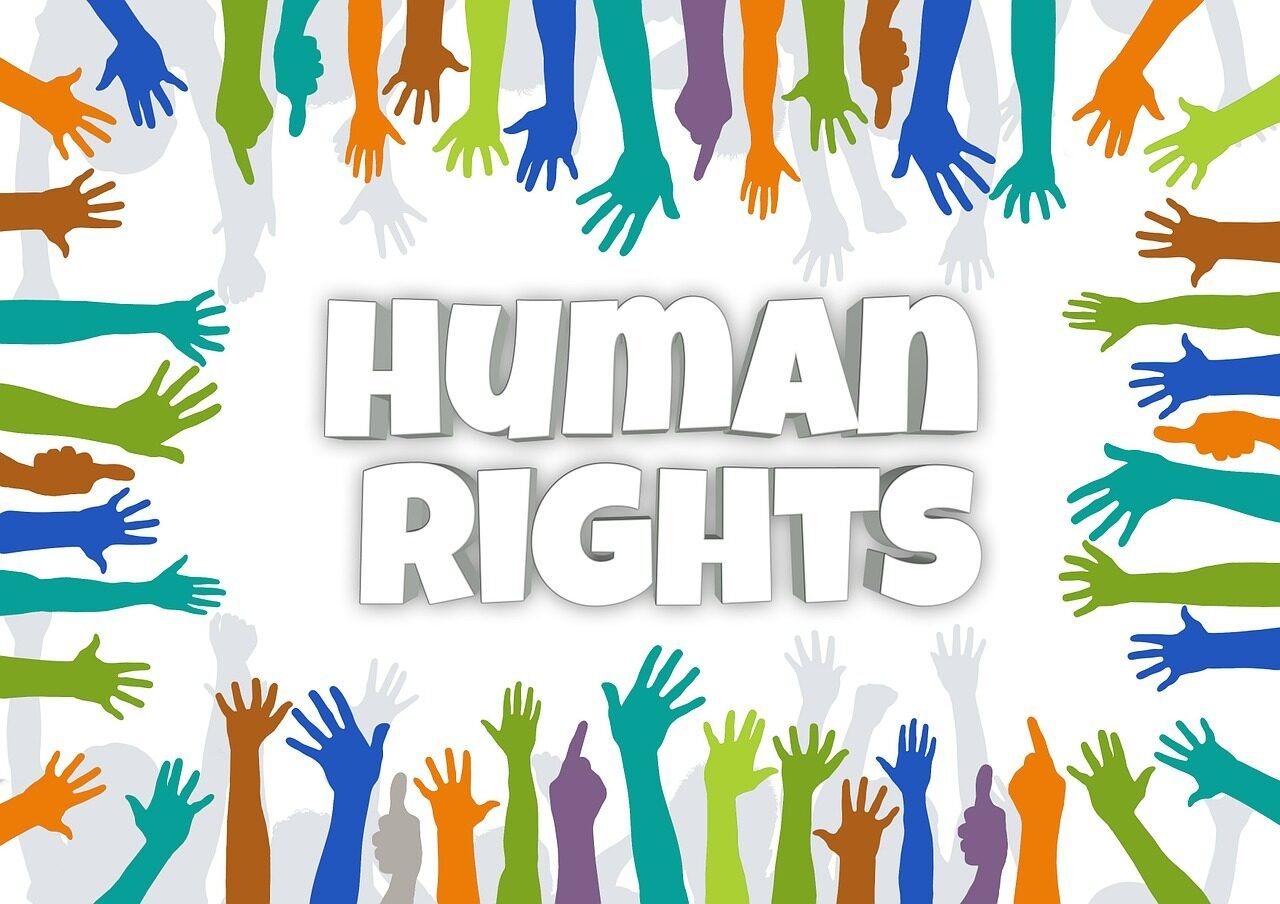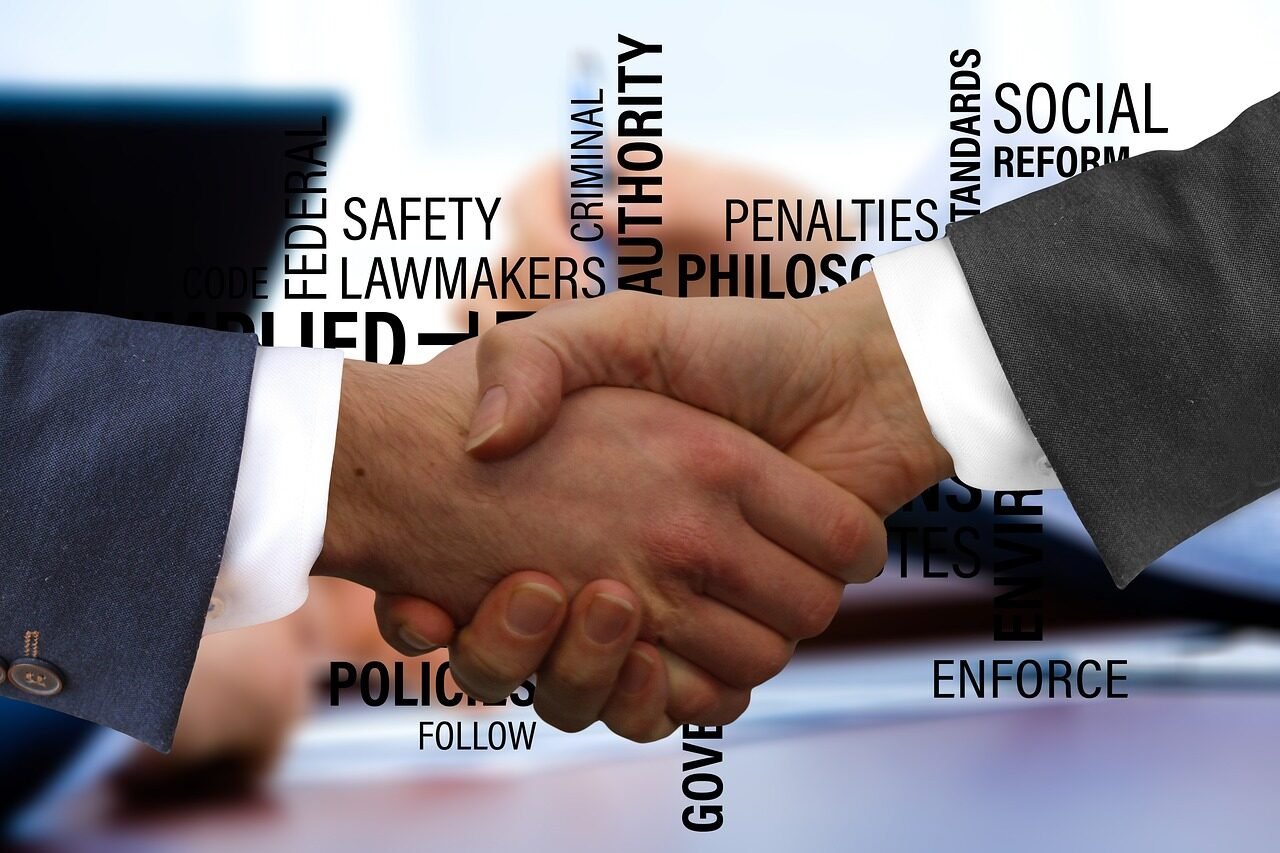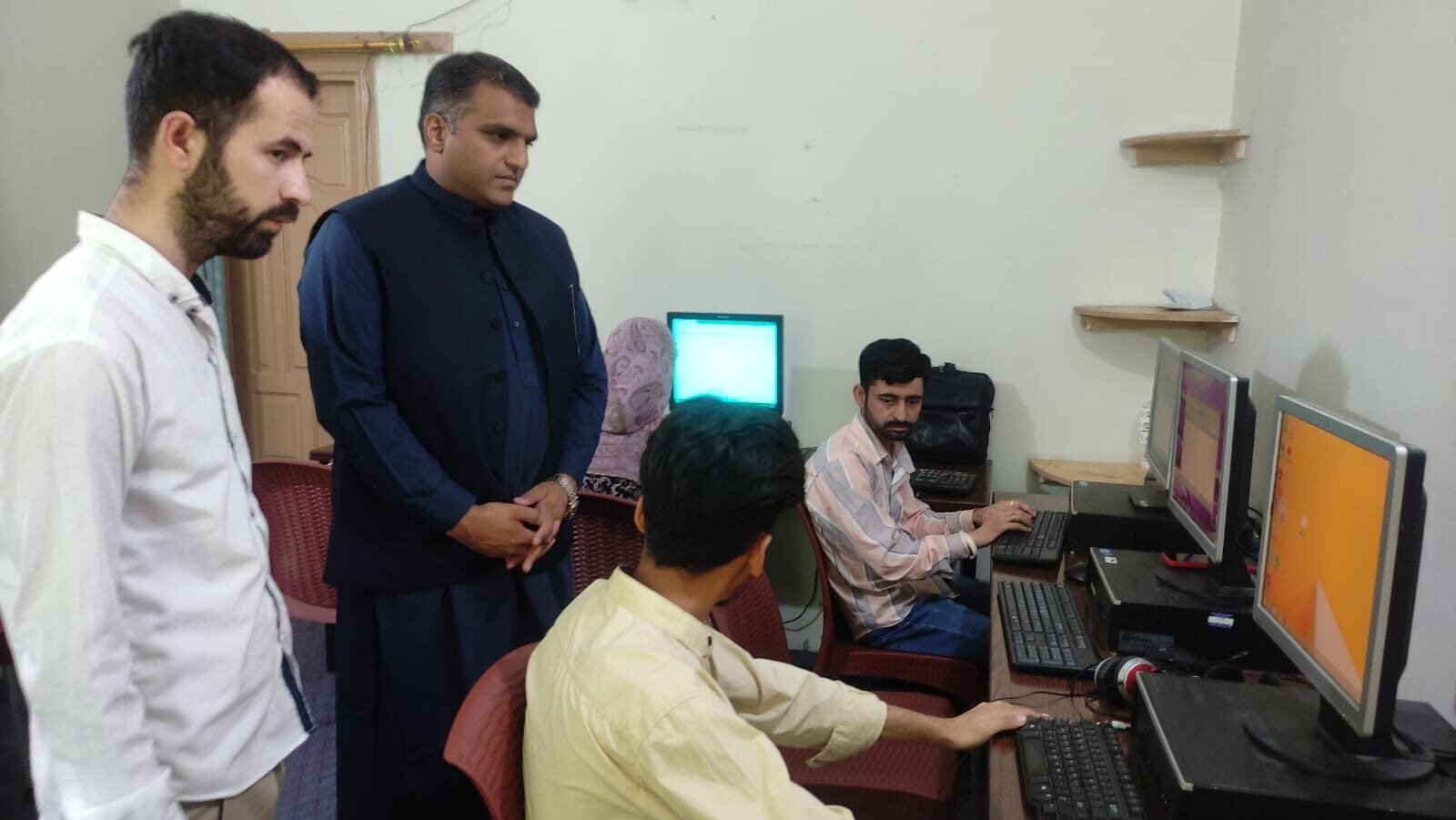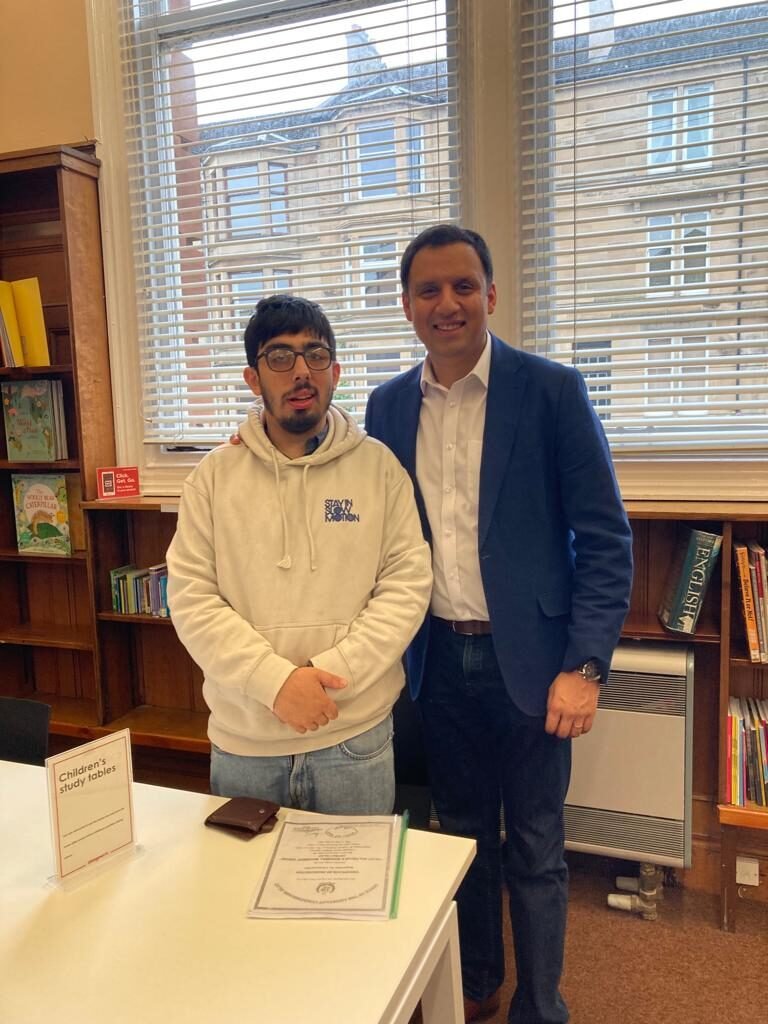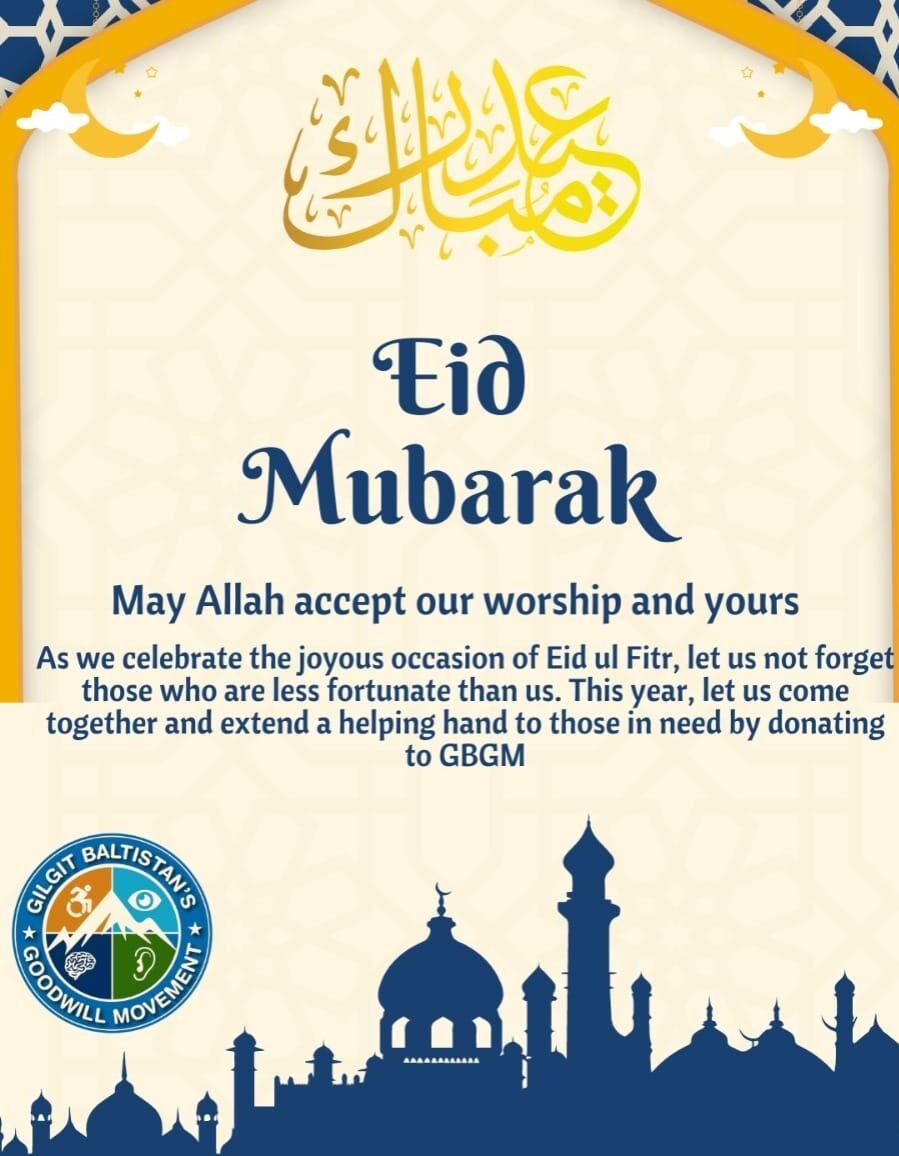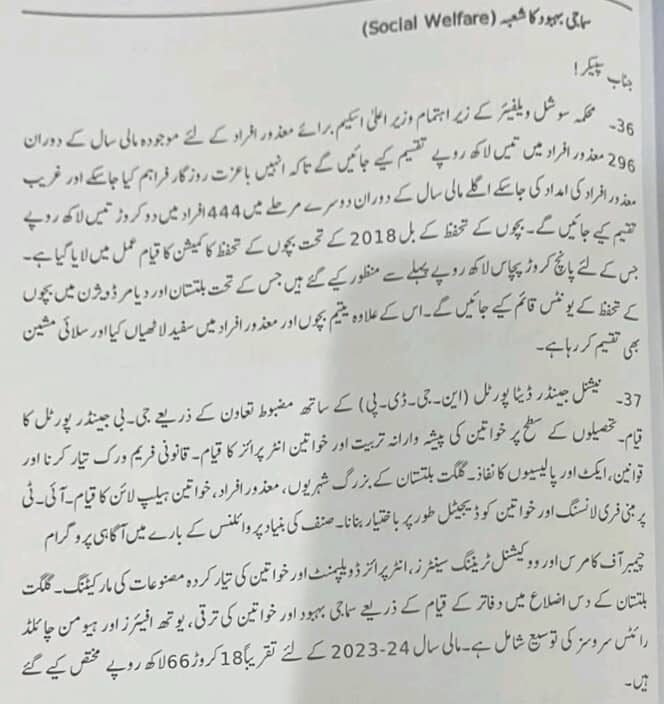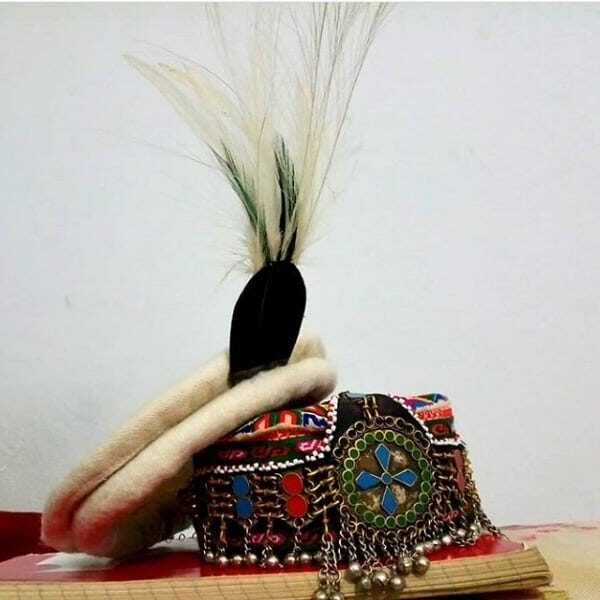Human Rights for Disabled People
This is a more formal article addressing disability rights activists around the globe.
We are reporting today about the situation of Persons with Disablities in Gilgit Baltistan. Like many other mountainous regions, Gilgit Baltistan is home to the K2 and other peaks, including Rakhaposhi, Nanga Parbat, and other mountains, including the Golden Peak. Like other populations, Gilgit Baltistan has a disabled population that has been marginalized in society at a large scale.
Early Childhood Stage
As soon as a disabled person is born into a family in Pakistan, the typical actions towards them change once a ‘special person’ is identified. This person, regardless of if they face a severe disability or not, is often socially excluded from society, meaning the majority does not consider their feelings.
Childhood to Adulthood
Once a disabled person is of school age, they might attend school due to parental influence and university at a push. Still, most students do not get further opportunities in FE or the employment sector. The only schools for disabled persons, commonly known as ‘special persons or differently-abled persons,’ are found in the cities, widely referred to as district capitals.
Consequences and further implications
This then leads to Persons with Disablities suffering from
• Unequal educational opportunities
• Severe unemployment
• Severe poverty
• Poor social integration
• Multiple health issues, leading a disabled adult to be ignored by society.
Why GBGM?
As a result, many disabled activists, including myself have taken the initiative under the Gilgit Baltistan’s Goodwill Movement (GBGM), a nonprofit organization that has been working for the improvement of people with disabilities in the Gilgit Baltistan region of Pakistan for the last three years, https://gbgoodwillmovement.com/about-us/. But this nonprofit organisation faces challenges as a result of a lack of governmental support and a lack of financial support https://gbgoodwillmovement.com/the-recent-passage-of-the-budget-by-the-gilgit-baltistans-government/
Do feel free to browse and contact us for other further information, but this is a human rights issue that should be addressed and raised at the national and international levels.
What causes fear to spread – social Contagion for Persons with Disablities?
We, as disabled people, identify that there is a social contagion for Persons with Disablities in Gilgit Baltistan, but what are the barriers?
Anecdotal evidence
One of the things that persons with disablities feel in all parts of the world is that someone presents anecdotal evidence that might be true to their scenario but not to anyone else’s. For instance, Ali has learning difficulties; all learning difficulties have disablities; therefore, disabled people have learning difficulties. This is not a truth. In fact, this is called a false syllogism in the school of philosophy.
In our region, mainly growing up with Hunzai Grandmothers, ‘they ‘ share stories of disabled people who might have mental health difficulties, but this is not to say they were wrong; this is to say that they might not have accessed the proper facilities or no facilities were available at that time.
Childhood memories shape your present opinions.
Because multiple millennials and older people did not socialize with the disabled populous, that’s why in Gilgit Baltistan, you see a generation of elderly persons or older adults not being able to communicate with a disabled person and vice versa, which contributes more towards a higher frequency of intellectual disablities within Gilgit Baltistan.
Please don’t assume that it is our fault.
But then, people, ‘ government officials, ‘can not be blamed because no one has tried to engage these people together within a society when you have seventy-five generations not being taught how to socialize with disabled people: the problems for PWDs arise.
Disabled rights are Human rights
Please do not judge me when I claim that despite the political upheaval, ableists are abusing the human rights of Disabled people, not knowing it is their fault. International organizations such as Amnesty International must stand up for disabled rights in Pakistan as the ableist class is just treating disabled people like how feudal lords would treat their serfs in Europe..
Together we need to eradicate this fear factor from Gilgit Baltistan society.
Morality and Governance – How PWDS are respected – Why is this? Fear?
My earlier articles have outlined the basic steps toward ethical governance. However, what ethics is can be debated. The world that we live in is of social media trends versus reality. In other words, while reading this, you may also listen to an Andrew Tate video, an Ali Zafar song, or a podcast. But we have lost this unique touch of fighting for a cause. If you were like me, who grew up in the mid-2000s, you knew what equality was. For example, speaking up against animal rights or the Arab Spring – A Political Social media revolution. However, if I look at the trends of today: it is not fighting about. How would it matter to me if a social media influencer makes 1000 + videos with 550 million subscribers?
As a society, we have no sense of community like we used to. So why am I talking about this? Like the food chain, Persons with Disablities are the marginalized of the marginalized. That’s a fact. If no one is affected, no one has to do anything about it. Right. Wrong! This is misleading and puts us on a dangerous road ahead for PWDs.
Family and Freinds
We should discuss morality because I think it starts from the home. As sociologist Talcott Parsons says, ‘ The nuclear family fits the more complex industrial society better. ‘ Most families, even though they might have different complexities are nuclear families. For 80% to 90% of families, I can say that discussing disability is more like discussing the elephant in the room. It is uncomfortable, but it does not have to be.
In an earlier article by Fatima, we read how a disabled person like Mumtaz yearned for people to listen to his story and as well as feeling sympathy for him, feeling like to bring a positive change in society https://gbgoodwillmovement.com/stories-of-the-resilient-mumtaz-ali/. Many family members and friends support Mumtaz’s story, and others like him – a good support network. Otherwise, in Pakistan, a good support network is hard to find. Even if it is, they might mock you or backbite about you.
Whereas in the UK, it is the same but more sugarcoated or sometimes may be blunter about it, but I feel your friends and family are the ones that guide you or should guide you in your life. But why is there a need? Why? When one can compete with you, intellectually or otherwise, why is there a need to have this charity model of thinking as Fatima or Mumtaz described it then?
Fear
I think a central part of this is fear in the context of Pakistan and elsewhere: especially in Gilgit Baltistan, where I believe the culture, if not identical, is very similar to a pan-European culture where there was a similar moral panic in the 1980s when the AIDS crises hit Europe, more specifically Britain. I am not comparing AIDS to disability in the slightest way, but after all, it is a medically termed chronic disease. Fearmongering can be of different volumes – indirect or direct. A 2014 report entitled the difficulties of PWDs in Gilgit Baltistan highlights issues of PWDs, mainly highlighting the lack of awareness within the region https://www.slideshare.net/AleenaKhan11/situationanalysisofpwdingilgitbaltistan2014, and I think fear is the X variable while Y is disability development. There might be a correlation, but it is affected by family relationships and in effect it is a social disease within itself that we need to question.
Moral actions are just as important as ethical governance, and this will affect governance, but it is how we deal with this fear in our families and societies about disability that is a challenge.
Which actors play a role in Inclusive PolicyMaking?
Now that we have defined what ethical governance should look like, I want to refocus on which actors, both state and nonstate, can play a part in inclusive policymaking for PWDs.
Donor Agencies
Gilgit Baltistan is a very remote region of Pakistan; some would even argue that it is smaller than Chitral as this is associated with KPK province and the government of Pakhtunkhwa. Nevertheless, GB has established institutions such as the Aga Khan Programmes under AKDN that could work on this issue, but due to a lack of resources and inclusive representation within AKDN, it can not achieve all its aims for the local communities.
Similarly, other local organizations work within their remit but can’t due to a lack of funding, and I would say for all organizations, including the GBGM, Government funding should be the top priority. As I said in an earlier article, all local (international disabled organizations) receive allotted funding from regular bodies. I used the example of the Glasgow Disablity Alliance,https://gbgoodwillmovement.com/growth-and-stability-for-persons-with-disabilities/, which highlights that GDA gets funding from the EHR commission, The community fund, and the Bank of Scotland: which are local governmental and private entities: should the 18 Lakh PKR in the recent budget not have included a subclause relating to the employment of PWDs? https://gbgoodwillmovement.com/the-recent-passage-of-the-budget-by-the-gilgit-baltistans-government/
Donors
After being in the NGO work for more than two years, I can now fully say that, like business partners, we need donors who can trust us and who can trust us with blind trust, and we can build that trust. Visiting Pakistan and traveling back and forth to the West, we imagine that not everything is legit in Pakistan, but the same thing can be said of the UK or US. Two examples that come to mind are the FDA’s crackdown on Shkreli drugs and Boris Johnson’s PartyGate scandal.
Though these examples seem far-fetched, nothing is 100% perfect, be that in the West. However, coming back to our NGO, donors must be assured that follow-ups about their donation will be met within 1 to 2 days of the donation. If people want to contribute in the short term, that is also fine. People can make queries about their donations. Our emails are checked daily so donors can follow up or specify where they want to spend their contribution or even for further information.
So please feel free to donate to our cause: https://gbgoodwillmovement.com/donate-us/
Paypal policies
Though Paypal is our preferred Payment option, this is an international standard as NPOs such as the Khan Academy even use PayPal.
Researchers/Academics or students
Or if anyone does not fit into these categories, they might want to advocate for GBGM using other methods. As they say, the Pen is mightier than the sword. Some may use the Pen to support GBGM. Academics who want to research this field or students should contact us as this topic is unique in the Gilgit Baltistan Context. We would help you with your primary source research or secondary source research.
What Ethical Governance within Pakistan should mean for Disabled People
After meeting Anas Sarwar yesterday, I had some more reflections I thought would be helpful to share with people who interact with Persons with Disabilities daily.
Networking in Scotland with the Scottish Labour Party Leader.
On the request of the CEO of Gilgit Baltistan’s Goodwill Movement – GBGM, Mr. Ghulam Muhammad Baig was hosted by Mr Anas Sarwar, local Scottish Labour Party leader and leader of the joint opposition in the Scottish Parliament. Mr Sarwar is the first Scottish Pakistani Labour Leader to serve in the Scottish Parliament and has served in the past in the National Health Service as a dentist, serving the local community.
Mr. Sarwar said,’ This is an opportunity for us to work together on the disability issue in Pakistan and Scotland.’ Mr Sarwar agreed to support the GBGM in his capacity. Mr. Baig thanked him for his support. Other items which were discussed on the agenda were: How can we work together for the disabled community and the other was how can they create a positive image of disabled South Asians within their community.
Some of the main points which were discussed were how both parties could contribute to disability awareness among Scottish South Asians, creating a positive image of South Asians Persons with Disablities in Scotland, and how they can further this aim in Gilgit Baltistan and Pakistan.
If every opposition party leader entertained GBGM, as Anas Sarwar did, then we would have been a more inclusive society in Gilgit Baltistan.
Helping the deprived during Eid – is that it? Full stop?
In the name of Allah, the most beneficent, the most merciful. I wish everyone a happy Eid (wherever there are) and wish you and your family a blessed holiday (for those celebrating it in Pakistan). I will not take up much of your time, as many want to head out rather than read a long article. However, I digress and take up some of your time.
Like other festive periods such as Christmas or the New Year, Eid is a time of individual reflection. For example, am I heading in the right way? What changes do I need to make to ensure I reach my goals? For an organization, it is different: partly as it is a cause and partly due to one’s own experience. In my personal view, I think my trip to Gilgit was needed for the organization, and somewhat it helped me communicate and express myself but more importantly, it helped me realize what I was missing. For instance, you can see that my previous articles predating May 2023 were not as concise or were waffly, but now I think it is more straightforward. Speaking of Personal Awareness, one has to also reflect on organizational awareness.
As far as meeting the team and my very hard-working students, I think there is a need for better organizational awareness schemes which the government can introduce. When outlining my vision at Karakoram International University, for a split second or a minute or two, I was reminded of all the things I have experienced in the UK ( where I currently reside) and being in Pakistan that all humans are humans on this earth. It does not matter which color or race you are. So while I was stepping up to the podium to give my speech, I was thinking of Gilgit Baltistan (GB) in many ways easily: 1 – implement the 3% quota that was promised in the Gilgit Baltistan Disability Act 2019 and 2 – Intergate the PWD community in society.
I know that the second task is said easier than done, as in developed countries this is not even the case: however, we need to realize that this is the way forward for all PWDs, whether one lives in Gilgit, Ishokmen, Hunza, Nagar, Gupis or Yasin. Until one does not integrate PWDs, there will be an injustice as seen in the recent budget (https://gbgoodwillmovement.com/the-recent-passage-of-the-budget-by-the-gilgit-baltistans-government).
- So what are the solutions that we propose?
- Run more awareness programmes with the youth to focus on social inclusion
- Develop more skills development-based learning programmes so that Adult PWDs have the trait or skill to become more employable.
- Focus on their abilities rather than disablities.
The issues can be solved by these three initiatives, but the government is not willing to support any of these initiatives for the long term!
This Eid we require your support and donations more than ever to expand and sustain our projects.
Growth and stability for Persons with Disabilities
The economic budget which has been presented poses challenges and threats for the PWD community in Gilgit Baltistan, no doubt about that. However, as I said in my earlier article, this will keep happening until the culture does not change, which will take time. So it is not a surprise – as the apple does not fall far from the tree. I do not want to use the premise that disabled people are excluded occasionally because I think a reader will get bored with it, or some will think it is ‘ clickbait,’ which is not our purpose or intention. It is the truth.
Nevertheless, as a well-wisher of the government, I would recommend that they can introduce a mechanism under which DPOs are allowed to collect funds from different sources without having financial difficulties; I think this would be the best way to move forward for the community, of course, provided that DPOs are accountable. That is an issue for Local NGOs, as many banks are hesitant to open a national bank account. This is the policy of local international NGOs such as the Glasgow Disability Alliance (https://gda.scot/about-gda/funders/)
The second piece of advice I have for the government is to implement the 3% quota immediately. The 3% quota for Persons with Disablities is not a hefty task; the documents are there. It is up to the government to implement this as soon as possible. Being in Pakistan, I understand there might be certain illusions, such as ‘Are they like us? I wonder if they have emotions. ‘ If this is the root cause, then along with skills development, we will offer advocacy support free of cost to the government for employees and employers.
The final piece of advice that I would have for the government is that the government should invest in human capital. If the government can invest with us in pulling human resources and mobilizing communities about disability inclusion, then nothing is impossible. Of course, this is the most critical factor we need to work on. Like I say to my team until we do not join hands, we can not have an inclusive Gilgit Baltistan.
The recent passage of the budget by the Gilgit-Baltistan’s government
The recent passage of the budget by the Gilgit-Baltistan Assembly once again highlights a concerning pattern regarding the treatment of disabled individuals in the region. While the Chief Minister’s Package for disabled persons serves as a short-term measure, it is insufficient to address the long-term needs of this marginalized community.
Government and society – Changing the culture towards persons with disabilities and outlining the future model.
Disabled people are just as human as abled people, but the way that disabled people are treated is dependent upon one’s culture. As explored in the past, we have discussed transportation needs and accommodation, which I hope to do in the future, but we have not discussed the cultural aspect. The cultural part is not simply equal to = ‘ abled people do not want to help disabled people’; it is multiple factors.
First, we should understand that not all government officials and people are arrogant about this issue, but the culture needs to be changed about PWDs. If one was to blame the government for everything concerning Persons with Disablities, sorry, I can not buy that. The reason is that elected persons are only there for five years, while the unelected have not done enough to raise disability awareness. When I use the ‘ unelected,’ I mean people aware of foreign education systems, institutes, etc.
The unelected know how other disabled people live in other societies, etc., but their time is not diverted to this cause in Gilgit Baltistan for different reasons. For their benefit, let us say that even if they wanted to, such a cause would require grassroots leaders (which GBGM proudly has) and an influx of funds (which is a dire need for NGOs such as GBGM).
Most of the time, we see in NGO work that a long-term plan is affected by multiple short-term barriers. For argument’s sake, let us say that the government of Gilgit Baltistan passes a bill tomorrow something stating that from this day onwards PWDs should get jobs; it is the attitudes of the employers ultimately which determine whether someone is employed or not.
That is why GBGM requires sustainability of funds in order to keep the momentum going. While at the same time as lobbying for government jobs, GBGM can also introduce freelancing classes for disabled people so that they can earn some money online while being inclusive as our website has been designed by our cabinet member, Ali Ahmad https://www.youtube.com/watch?v=jrqlpY6nl-k&t=214s.

